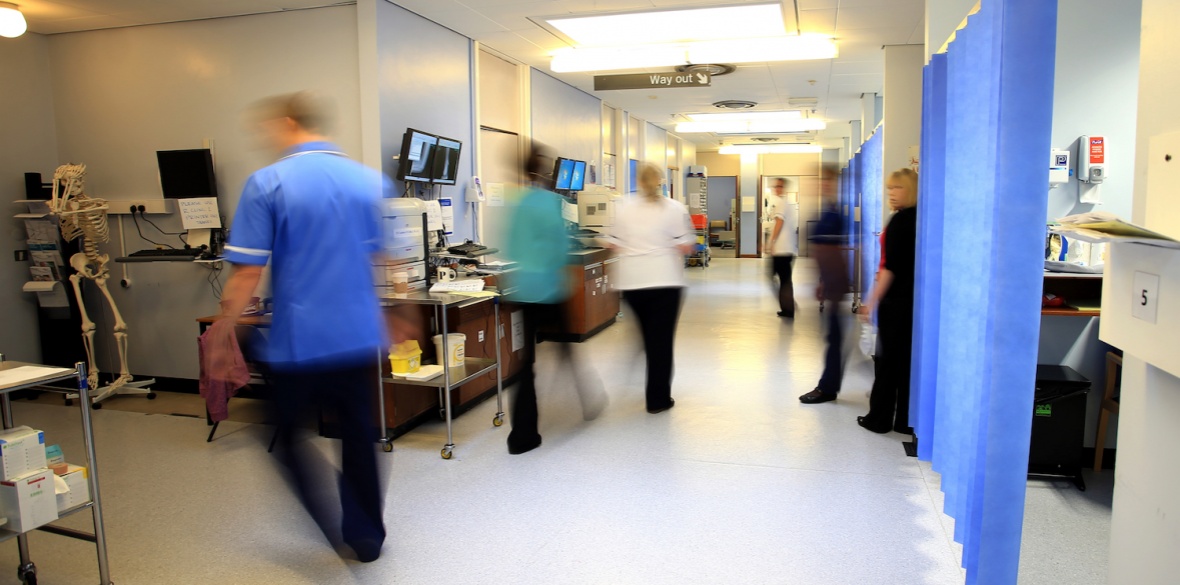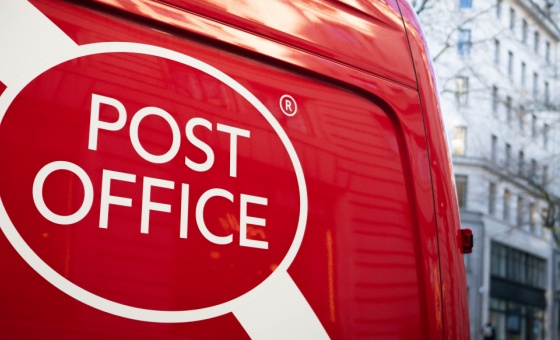This is the last article you can read this month
You can read more article this month
You can read more articles this month
Sorry your limit is up for this month
Reset on:
Please help support the Morning Star by subscribing here
THE NHS is facing a “crisis of the government’s making,” the labour movement stressed yesterday after official figures showed treatment waiting lists have ballooned to a record high of more than seven million people.
The shocking figure, which refers to England alone, shows austerity-hit health services are “bursting at the seams,” unions and campaigners warned.
October’s total of 7.2 million — up from 7.1m on the previous month — was published alongside A&E data, which reveals that just 68.9 per cent of patients were seen within four hours — the worst performance ever recorded.
An estimated 410,983 people in England had been waiting more than a year for treatment, up from 404,851, at the end of September, and equivalent to about one in 18 people on the entire waiting list.
There were some improvements in cancer services, but only around six in 10 of the 14,425 patients in this category started life-saving treatment within two months – the second-lowest percentage on record.
National clinical director for urgent and emergency care Professor Julian Redhead described “ongoing pressures on services which are exacerbated by flu hospitalisations, issues in social care meaning we cannot discharge patients who are ready and record numbers needing A&E.”
He argued that new “hubs dedicated to respiratory infections, a falls response service to free up ambulance capacity and an expansion of mental health crisis services” would help.
But Unite general secretary Sharon Graham said: “Sadly these figures are no surprise. Our ambulance members who once dealt with 10 patients a shift are now lucky if three are discharged into hospital.
“They are in despair and feel strike action is the only way to shake some sense into this government and to save our ambulance service.”
More than 10,000 paramedics, emergency care assistants, call handlers and others across England and Wales — represented by Unite, Unison and GMB — are set to down tools on December 21.
The walkouts start just days after the Royal College of Nursing launches its first ever national strike over real-terms pay cuts and declining patient safety next Thursday.
Ms Graham added: “Let’s be absolutely clear — this is a crisis made by this government.
“It is their responsibility to sort this. Creating a stable pay structure based on a decent pay deal would be a start.”
Unison slammed the numbers, saying they “paint a bleak picture of the state of the NHS.
“There are too few staff to provide safe patient care, and as more leave for better paid work, so waiting times and delays worsen,” head of health Sara Gorton stressed.
“The government must get a grip and start talking to unions about pay.”
GMB national secretary Rachel Harrison accused the government of being “tin eared” and demanded Health Secretary Steve Barclay “talk to us about pay now.”
The former Brexit secretary has claimed his “door is always open,” despite insisting the government will not budge on its latest pay offer, about three times smaller than 40-year high inflation.
His Labour counterpart Wes Streeting said that public health services are “heading into this winter with more people waiting for treatment than at any time in history, and they are waiting longer than ever before.
"The government should be doing everything it can to bring down waiting lists.”
A Labour government would tackle the problem by abolishing tax-dodging “non-dom” status to fund a doubling in the number of medical school places and 10,000 extra nurses and midwives a year, the IIford North MP claimed.











